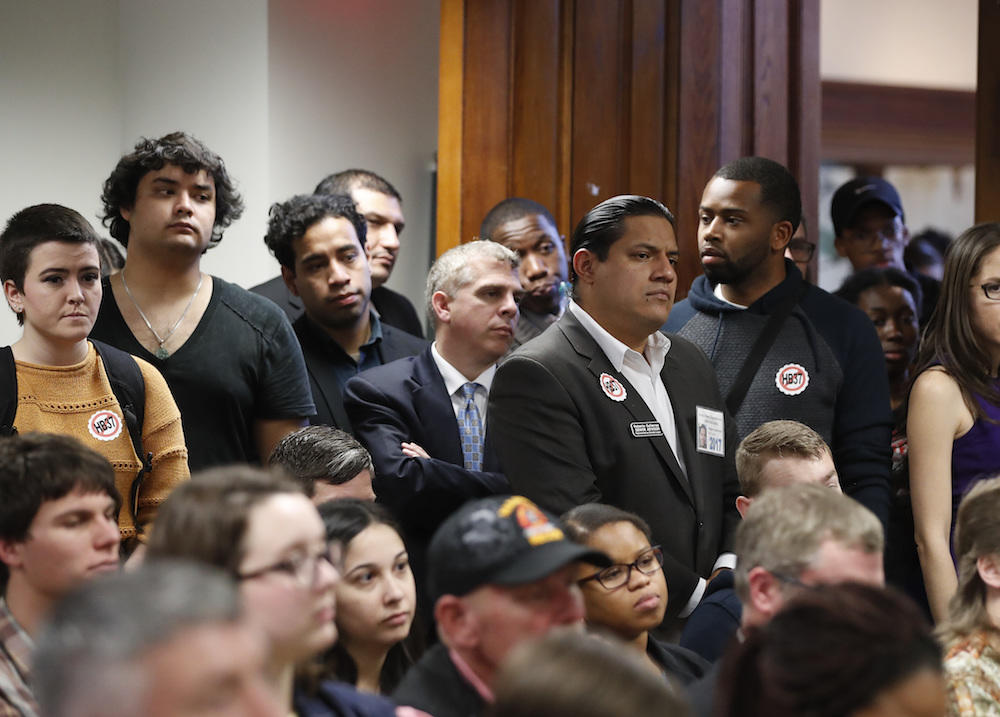Section Branding
Header Content
Georgia Lawmakers Send Bill Banning 'Sanctuary Campus' Policies To Governor
Primary Content
Georgia lawmakers have approved a bill banning private colleges and universities from adopting so-called "sanctuary" policies.
The measure would block state scholarship and research funding from institutions that refuse to cooperate with federal immigration authorities.
“They will lose all state-related funding, all federal funding that is administered by the state; they’ll lose loans, grants, and other funding for students if they adopt sanctuary policies,” said Sen. Jeff Mullis (R-Chickamauga), who sponsored the bill in the Senate. “I know there could be some debate on this, but I think it’s pretty cut and dry.”
Opponents of the bill worry it will send an anti-immigrant message that resonates elsewhere in the state.
“It somehow is the hallmark from the White House on down that the message of the day is to create a hostile environment for immigrants, and anyone who cannot see that this bill is yet another iteration of that posture, I beg you to please look a bit more closely,” said Sen. Nan Orrock (D-Atlanta).
It’s unclear what immediate impact, if any, the bill will have. Currently, no Georgia schools have adopted “sanctuary campus” policies.
Emory University in Atlanta considered adopting such policies earlier this year. Instead, President Claire Sterk decided to call the campus a “safe harbor."
Georgia’s bill made it through the legislature just a day after Attorney General Jeff Sessions warned that “sanctuary cities” that fail to comply with federal immigration law would risk losing federal funding.
From here, the “sanctuary campus” bill heads to Governor Nathan Deal for his consideration.


